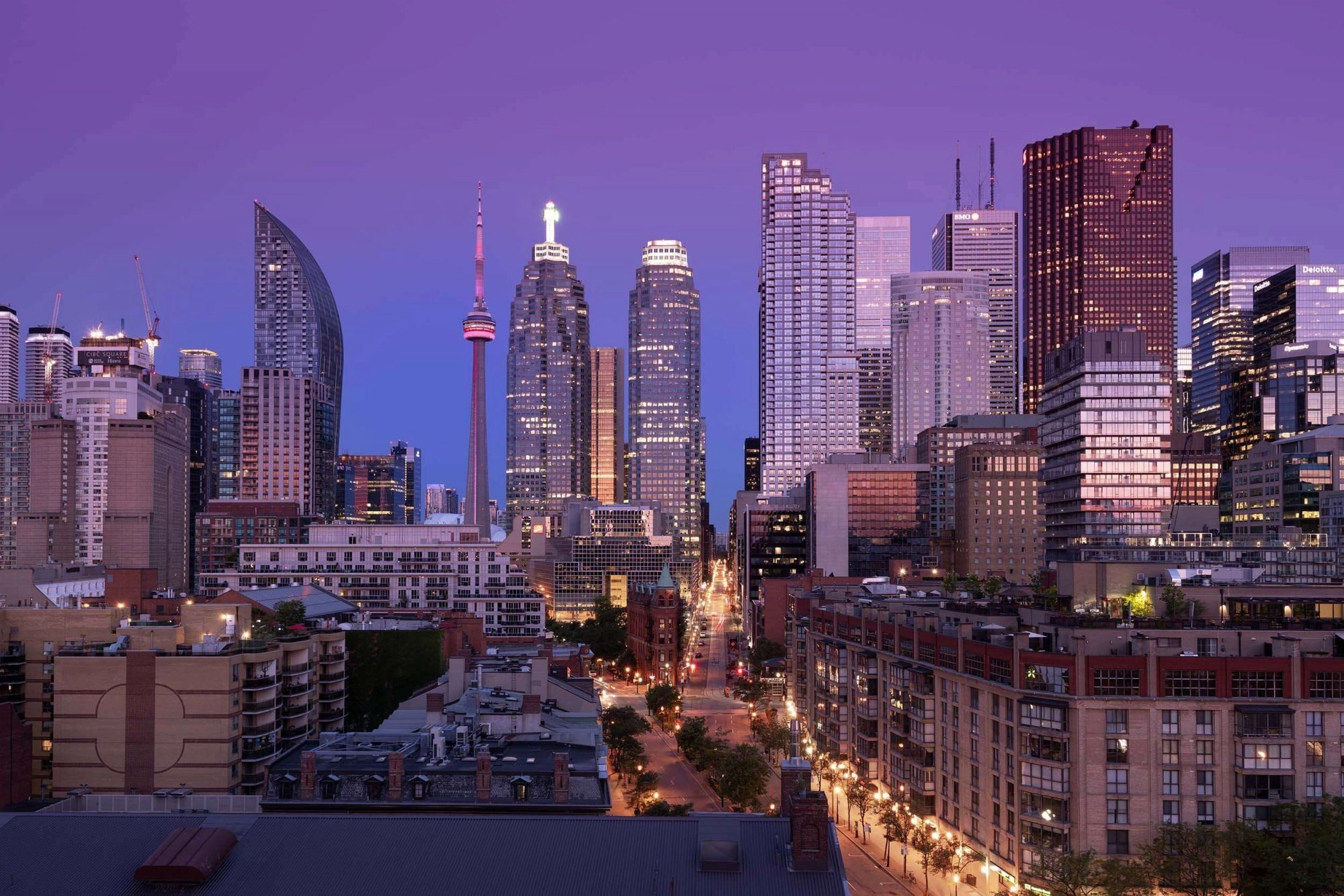If you’re in the market to hire a professional photographer, you are probably unaware of everything you’re actually paying for. So it’s time to bring some transparency to what you receive when you enlist the services of a professional photographer — because it’s much more than just top-quality imagery.
Regardless of what industry you or your business fall under, from architecture to hospitality, professional photography is a wise investment. However, in order to execute a successful shoot and deliver the assets, a lot is required of a professional photographer behind the scenes.
There are many photographers and artists who can take excellent photographs, but what sets great commercial photographers apart from good photographers are the skills not found when looking through a camera lens. When hiring a professional photographer, you want someone who can double as your project manager, because in reality, any photoshoot has multiple moving parts that need to be handled properly.
As a prospective client, it is important to vet the photographer you may hire. Obviously, you are going to want to see their business photography portfolio, but you need to go beyond the glossy images and dive deep into their skill set and capabilities. Some good baseline questions to ask might include:
-
What full list of services do I receive by hiring you for this project?
-
How do you typically prepare for this kind of project?
-
What does a normal timeline look like for this type of shoot?
-
Is anything required of me and my team to have this project completed?
-
Can you detail what to expect for the day of the photoshoot?
The photographer you want to hire knows more than just how to balance ISO, aperture, and shutter speed. You need a professional photographer who can act as a dependable project manager. Someone with communication, time management, and decision-making skills. Working with a photographer who doesn’t excel in these areas will most often lead to a poor customer experience, a disjointed photoshoot, and a frustrating list of setbacks.
Here are four ways a professional photographer doubles as your project manager, without you even knowing it.
Editing & Project Timeline
Any photo project requires just as much, if not more time to edit and polish the assets for final delivery. This portion of the project can quickly delay the timeline and leave clients feeling out of the loop and forgotten. It is the responsibility of the photographer to be able to accurately give time lines to clients, sufficiently plan for time to edit amongst other shoots, and organize all assets for easy consumption for the client upon completion.
Photoshoot Staging
A great professional photographer will take control of all your photoshoot staging and direction. Whether the project involves people or landscapes, the right photographer will eliminate any confusion for you and confidently run the photoshoot. From orchestrating where people need to stand and how they should express their emotions, to what time the shoot needs to take place and what to wear — your photographer needs to be able to manage people and situations with real leadership.
Personnel Hiring & Equipment Rental
Say your project requires people and goods that you don’t have access to, or even know where to try and obtain them… that’s where your professional photographer comes in. The hiring of on-camera models or equipment rental, and the arrangement of the photo studio should be taken care of by the photographer. In doing so, they are able to better control all the photoshoot variables and increase the likelihood of a successful shoot. Additionally, taking care of these side tasks eliminates any headaches for you — providing a better overall experience.
Obtaining Permits & Licenses
Sometimes a photoshoot requires navigating through red tape — and that is always easier said than done. Depending on the client and industry, a photoshoot might require obtaining a permit or license to legally complete the project. For example, drone photography often requires the proper permits to fly within city ordinances, or if a client wishes to use a specialized location for a backdrop, it should be the duty of the professional photographer to see if acquiring permission is possible. Handling the legal documentation and requests takes in-depth knowledge and patience, and the right professional photographer (and project manager) can get that done for you.
Need to Hire a Professional Photographer?
If you’re in need of professional photography resources, contact us. As a business owner myself, I understand how important it is to market successfully. High-quality photography is now an essential part of any business. We specialize in a variety of photography areas and have worked with hundreds of businesses and entrepreneurs to help take their brand to the next level.








0 Comments